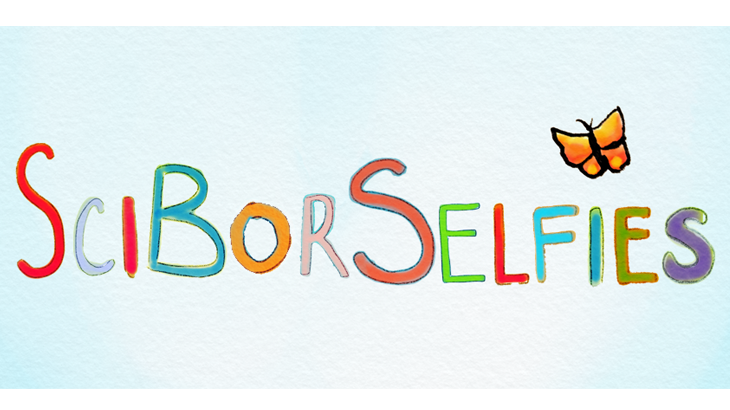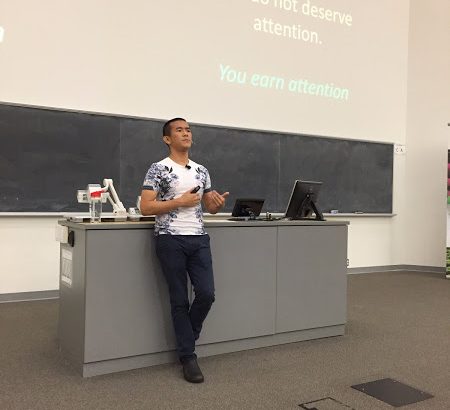
Erin Zimmerman, Science in Society co-editor “Political language – and with variations this is true of all political parties, from Conservatives to Anarchists – is designed to make lies sound truthful and murder respectable, and to give an appearance of solidity to pure wind.” – George Orwell, Politics and the English Language (1946) Political discourse […]






